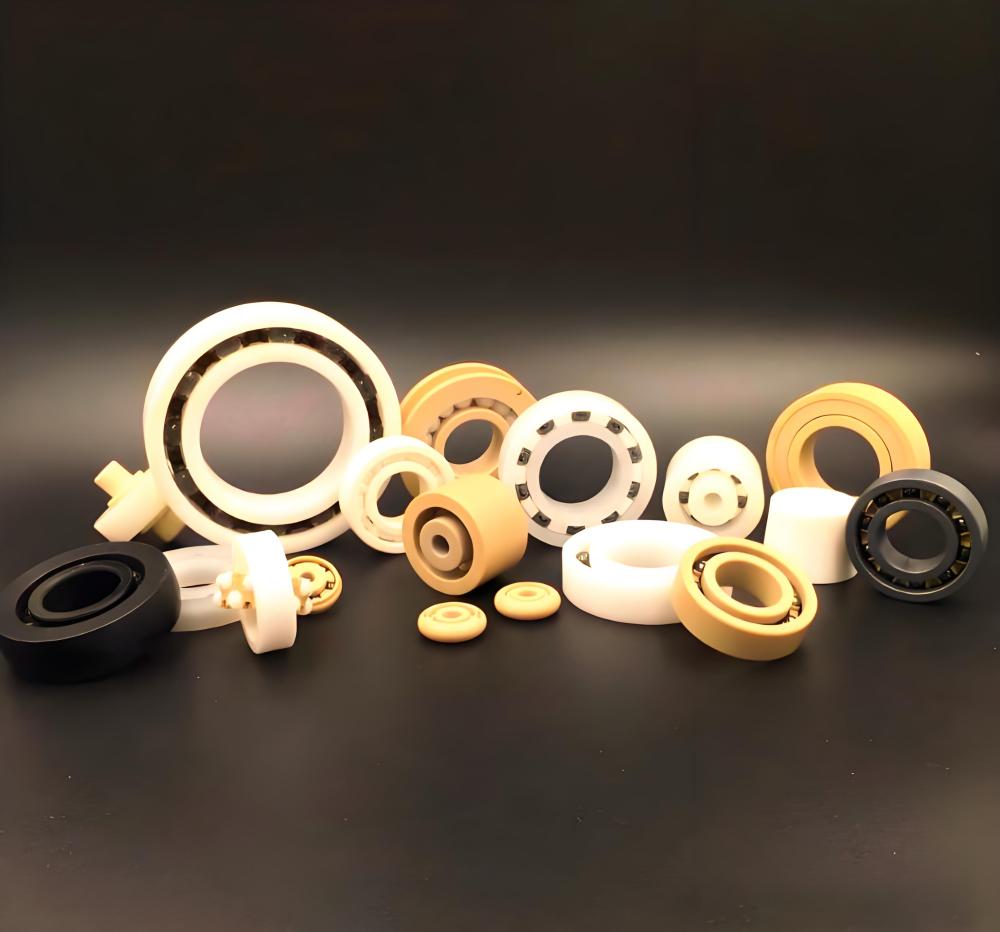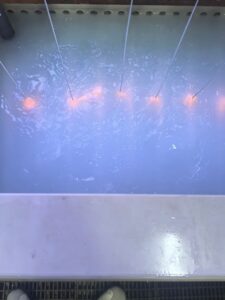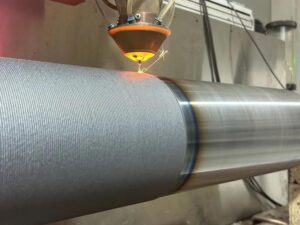What is Polyimide (PI)?
Polyimide is a robust, high-performance plastic revered for its ability to thrive in extreme environments. Born from a complex chain of imide monomers, this polymer was first developed in the mid-20th century and has since become a staple in industries demanding resilience. Unlike standard plastics, Polyimide excels in scenarios involving scorching temperatures, aggressive chemicals, or intense mechanical stress, making it a top pick for sectors like aerospace, automotive, and electronics.
Available in forms like films, coatings, foams, and molded parts, Polyimide adapts to a variety of needs. Its capacity to maintain integrity under harsh conditions has cemented its reputation as a trusted material for innovative technologies. For manufacturers, understanding the essence of Polyimide is the first step toward harnessing its potential for precision-driven projects.
Properties of Polyimide (PI)
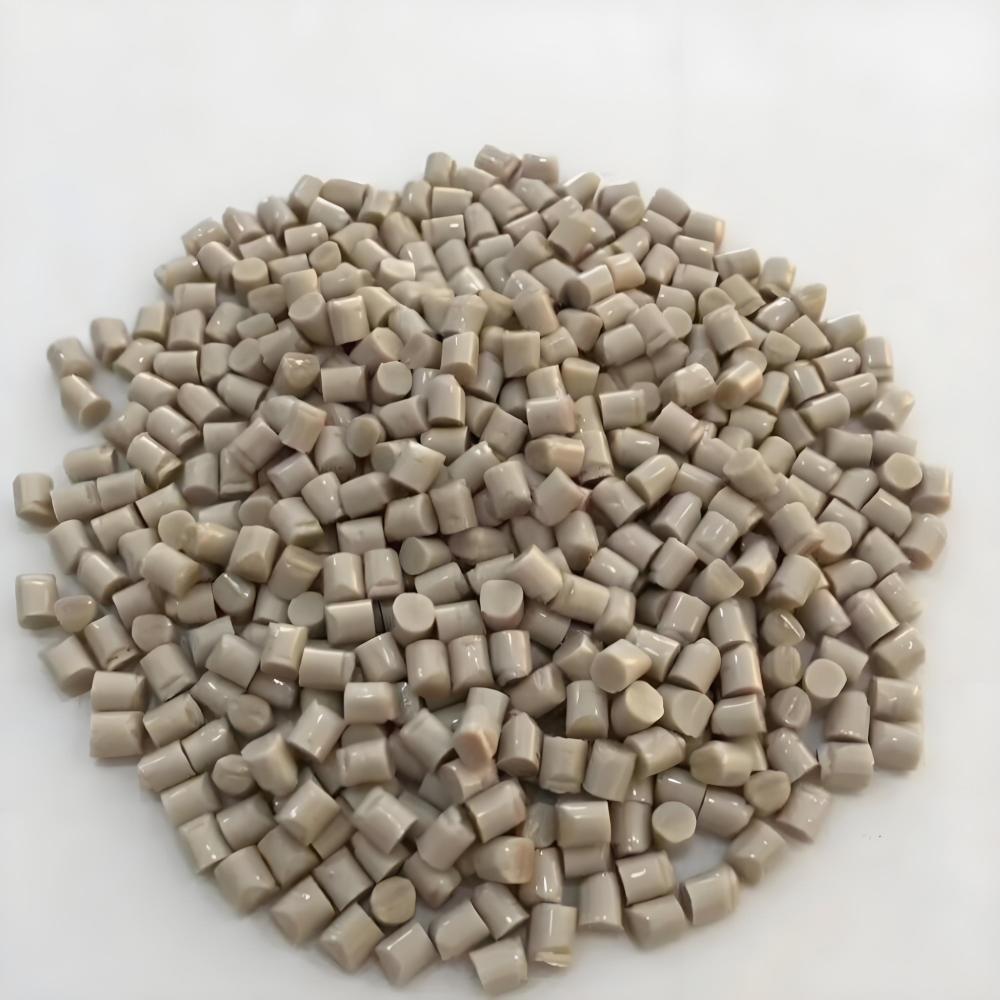
Polyimide’s remarkable qualities set it apart as a material of choice for demanding applications. Its attributes can be split into mechanical and physical properties, each playing a pivotal role in its widespread adoption. Below, we outline these properties in detail to highlight why Polyimide is so highly valued.
Mechanical Properties of Polyimide
Polyimide’s mechanical strengths make it a powerhouse in high-stress settings. Here are its key mechanical attributes:
- High Tensile Strength: Polyimide withstands significant pulling forces without deforming, ensuring durability in demanding applications.
- Flexibility at Low Temperatures: Even in cold environments, Polyimide remains pliable, resisting cracks and maintaining performance under strain.
- Excellent Wear Resistance: Its ability to endure constant friction makes it ideal for components exposed to mechanical stress.
- Dimensional Stability: Polyimide parts retain their shape and size, even under fluctuating temperatures or heavy mechanical loads, ensuring precision in critical applications.
These characteristics make Polyimide a reliable choice for industries like aerospace, where components must perform consistently under intense conditions.
Physical Properties of Polyimide
Polyimide’s physical characteristics further enhance its versatility. Here are its standout physical traits:
- Exceptional Thermal Stability: Certain Polyimide formulations endure temperatures up to 400°C (752°F) without degrading, perfect for high-heat environments.
- Superior Chemical Resistance: Polyimide stands firm against acids, solvents, and other corrosive substances, ensuring longevity in harsh settings.
- Low Outgassing: Its minimal outgassing makes it suitable for vacuum environments, such as space applications.
- Outstanding Electrical Insulation: Polyimide’s dielectric properties make it a go-to for circuit boards, wiring, and other electronic components.
These physical qualities ensure Polyimide performs reliably across diverse and challenging conditions, from aerospace to electronics.
What are Types of Polyimide?
Polyimide is available in multiple forms, each designed for specific engineering needs:
- Thermosetting Polyimide – Extremely heat resistant, widely used in adhesives, coatings, and aerospace parts.
- Thermoplastic Polyimide – Easier to process and shape, suitable for complex geometries and parts requiring rework.
- Aromatic Polyimide – Offers the highest thermal and mechanical performance, making it a favorite for aviation and defense industries.
- Aliphatic Polyimide – Provides more flexibility and better optical properties, often used in specialty coatings and films.
- Polyimide Composites – Reinforced with fibers or fillers to improve stiffness, wear resistance, and load-bearing capabilities.
This variety enables engineers to select the right grade for applications ranging from flexible electronics to structural aerospace components.
Applications of Polyimide
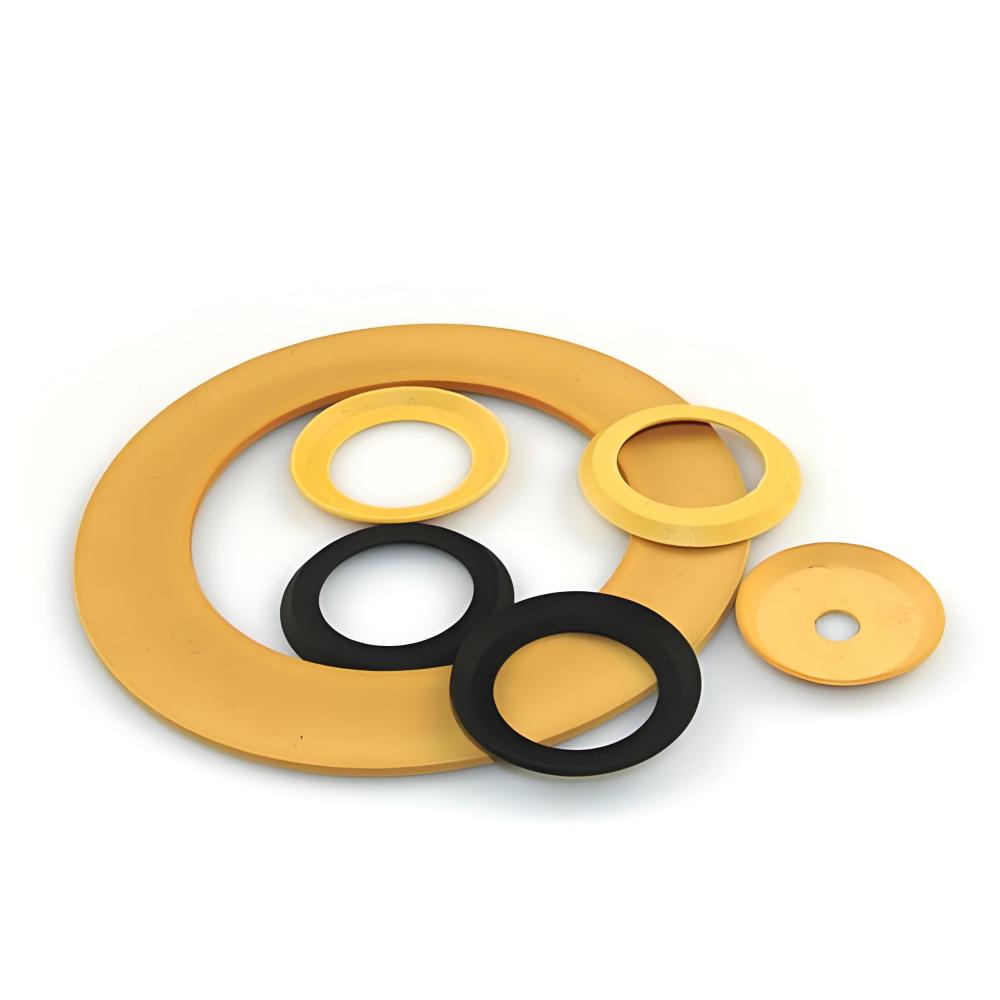
Aerospace and Defense
In aerospace, Polyimide is valued for its ability to maintain performance under extreme conditions. It is used in engine insulation, wire coatings, structural components, and adhesives. Its low outgassing makes it particularly well-suited for spacecraft and satellites, where material stability in a vacuum is critical.
Automotive and Transportation
Polyimide is widely adopted in the automotive sector for gaskets, seals, connectors, and insulating films. It performs reliably under the hood, where heat and exposure to fuels are constant. With the rise of electric vehicles, Polyimide films are increasingly used in battery insulation and motor windings.
Electronics and Electrical Engineering
Few polymers rival Polyimide in the electronics industry. Its films are the foundation of flexible printed circuit boards (FPCBs), flexible cables, and wire insulation. Semiconductor manufacturers also rely on Polyimide as a dielectric material in microchips. Its combination of heat resistance and dielectric strength ensures stable long-term performance.
Industrial Equipment
In heavy industry, Polyimide parts such as bushings, valve seats, and pump components deliver low wear and long service life. Its stability under load and resistance to aggressive chemicals reduce downtime and maintenance costs in demanding operations.
Medical and Healthcare
Polyimide is also used in medical devices thanks to its biocompatibility and ability to withstand sterilization. Applications include surgical instruments, catheters, and implantable components. Unlike metals, Polyimide does not interfere with imaging technologies such as MRI or CT scans.
Advantages and Disadvantages of Polyimide
Advantages
- Excellent thermal stability in both high and low temperatures
- Superior electrical insulation for electronics and aerospace systems
- High mechanical strength with fatigue and wear resistance
- Outstanding chemical resistance against solvents and fuels
- Inherent flame retardancy with low smoke generation
- Biocompatibility, making it suitable for healthcare use
Disadvantages
- High material and processing costs, which limit its use in budget-sensitive projects
- Some grades can be brittle, reducing flexibility in design
- Requires specialized equipment for molding and machining
- Not as readily available as commodity plastics like nylon or polypropylene
Despite these limitations, Polyimide remains the preferred material when long-term performance and reliability are essential
Machining and Processing Considerations
Processing Polyimide requires experience and precision:
- Machining: Best performed with sharp tools and proper cooling to avoid surface damage. Its wear resistance makes it more challenging to machine than softer plastics.
- Molding: Thermoset grades require high curing temperatures, while thermoplastic grades allow easier forming and secondary operations.
- Film casting and extrusion: Commonly used to produce insulation films and laminates for electronics.
- Additive manufacturing: Advances in 3D printing now make it possible to create Polyimide components for aerospace and medical prototypes.
Attention to detail during processing ensures that Polyimide retains its valuable properties and delivers consistent performance in the field.
Precisonn’s Role in Polyimide Machining
Polyimide has established itself as one of the most versatile polymers in modern engineering. Its unique mix of heat resistance, mechanical strength, electrical insulation, and chemical durability makes it a key material across aerospace, automotive, electronics, industrial, and medical sectors.
For companies seeking precision machining solutions in Polyimide and other high-performance polymers, Precionn is a reliable partner. With deep industry expertise and a focus on quality, Precionn serves international clients by delivering components that meet the toughest requirements and contribute to long-term success.

